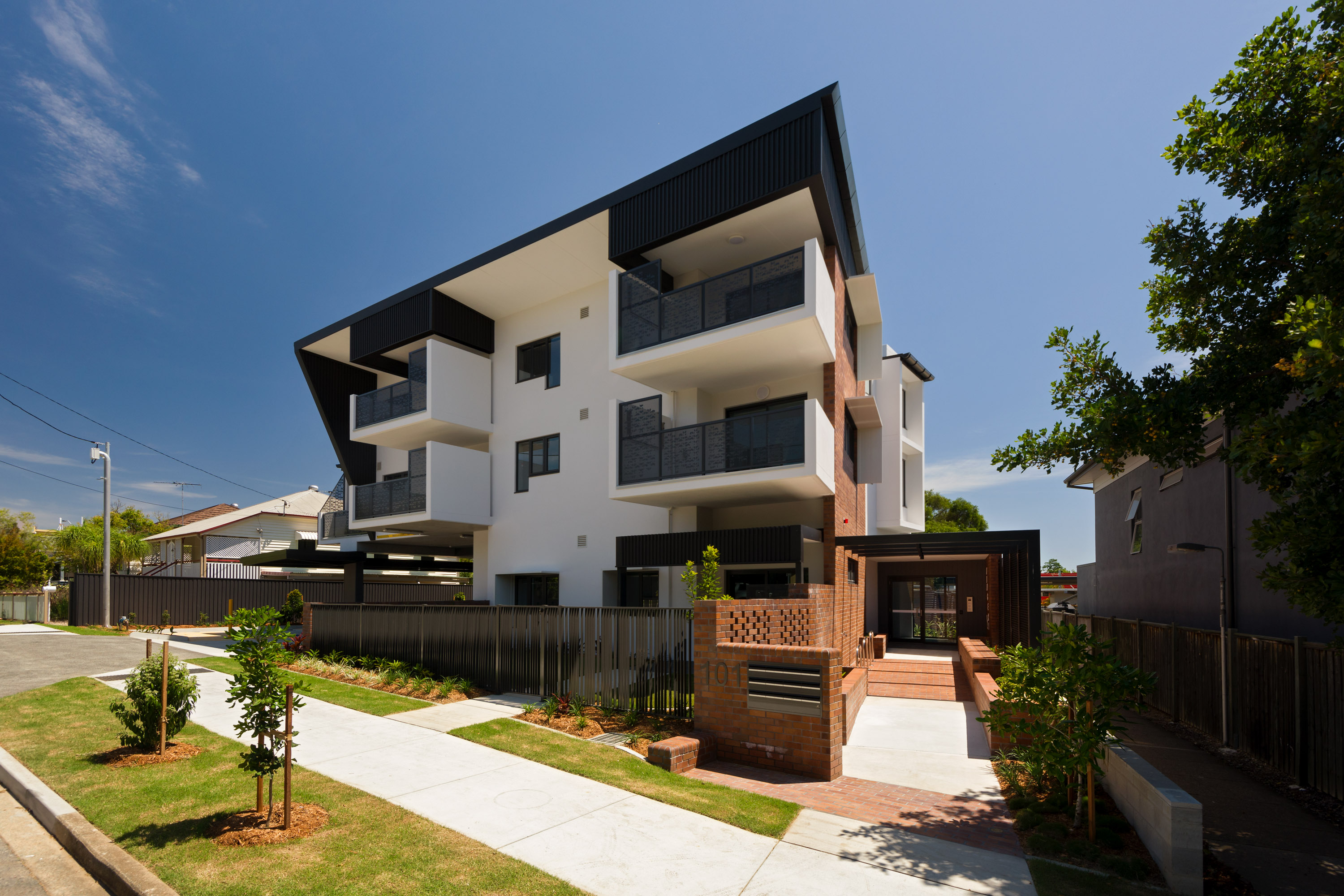
Under the NDIS, Specialist Disability Accommodation (SDA) funding is forecast to assist 28,000 Australians with their specialist housing needs by the time the scheme is fully rolled out in 2020. SDA has been specifically developed for individuals who live with extreme functional impairment or very high support needs, and this cohort represents just 6% of those who will access the NDIS. SDA has, rightfully so, been widely celebrated and welcomed by the disability and housing sectors as a desperately needed program. This is true despite a series of early implementation speed bumps and policy positions throwing a blanket over the confidence of both providers and participants seeking to enter the SDA marketplace. Reassuringly, these are issues which seem closer to being resolved as the scheme continues its roll out.
While SDA is a positive outcome for those who will make up that 6%, it does beg the question, what about the other 94%? Some will be accommodated through private means or in existing community housing, however the Federal Government knows that around 127,000 NDIS participants will not have their housing needs met by the current system. Where will they live? The private market? We know many of these individuals rely on the Disability Support Pension to get by and for most part, competing in the private rental market is simply not an option. Anglicare Australia’s recent rental affordability snapshot showed that on the 23rd of March, a mere 0.5% of available rental properties were affordable by someone in receipt of DSP alone. That’s around 317 properties across the whole of Australia. The situation is even more desperate when you consider how few of those properties are likely to be suitable for someone who requires accessible design features.
How about social housing? Australia’s social housing system is definitely not the panacea and it is oversubscribed to describe it mildly. The unfortunate reality is that many NDIS participants will continue to live in sub-optimal housing arrangements. They will continue to live with their ageing parents, or in expensive hospital settings, or spend their youth languishing in the aged-care system at the cost of their independence and dignity. So what is the solution for these Australians? Where will the funding come from?
Recently we launched our new development at Glenalva Terrace, which was the last such development to be funded and delivered under the Queensland State Government’s Elderly Parent Carer Innovative Initiative (EPCII). The objective of this initiative was to provide affordable and suitably designed accommodation for adult children living with a disability, who were residing with their elderly parent carers.
This is a cohort of Australians in need that have fallen through the gaps. Described to us by their parents as being “too disabled” to access some types of assistance, and simultaneously “not disabled enough” to access high-care supports. They are not able to utilise mainstream housing, while also not considered eligible for SDA funding under the NDIS. These are the sons and daughters of parents who have often had to consider distressing questions about the futures of their children. “What would happen to my child if anything were to happen to me? Where would they live? Who would look after them?” For the parents of our Glenalva Terrace residents, those questions have now been largely answered and they have peace of mind knowing their child has the supportive accommodation they need. For other parents out there, the future is still uncertain.
As the Federal election looms, now is the time for increased bipartisan support for our sons and daughters living with a disability. We know that Government-led capital assistance programs such as EPCII can change lives for the better. If we are ever to meet the housing needs of these fellow Australians, we need commitment and action now. We call on the re-elected Federal Government to broaden the responsibilities of the NDIA to ensure that all Australians in need have access to safe, secure and accessible housing that enables them to live with dignity and independence.
Rebecca Oelkers
BHC – Deputy CEO and COO
Associated Media
Video – Meet Joe and Rosemary
Joe and his mother Rosemary talk to us about the positive impact the Glenalva Terrace development has had on their lives.
Video – 7 News Brisbane
The Glenalva Terrace development was featured on Channel 7 evening news.
Audio – ABC Brisbane Radio – Mornings with Rebecca Livingston
BHC Deputy CEO Rebecca Oelkers appeared on ABC Radio Brisbane to discuss the official opening of Glenalva Terrace development and highlighted the need for further developments like this.

